Editor’s Note: The Maroon interviewed Chamorro for this story to hear his account of political persecution in Nicaragua.
Nicaraguan police startled politician Juan Sebastián Chamorro awake in his home one night to carry out an illegal search and arrest. Dictator Daniel Ortega ordered this abduction to end Chamorro’s opposing presidential campaign.
Chamorro was one of seven presidential candidates arrested by Ortega’s regime in 2021 among over 200 political prisoners released last February.
Chamorro spent 20 months in solitary confinement, uncertain of when he would see his wife and daughter again. He was brought to court and accused of “conspiracy to undermine national integrity” and sentenced to 13 years in prison in what he described as a fake trial.
Yet, according to Chamorro, imprisonment was an anticipated consequence of campaigning against Ortega.
Opposition candidates, such as Chamorro, ran in a primary process and held debates to discuss political and developmental issues affecting Nicaragua under Ortega’s regime. Ortega became concerned over their influence on the public and the increasing demand for a democratic government, Chamorro said. Ortega’s solution was to jail his opponents.
“We are facing a cultural wave of democratic backsliding and this is happening everywhere,” Chamorro said. “And I think the Nicaraguan example, by being such an extreme, can be used as an example of a case where the backsliding went all the way back to tyranny.”
Although the arrests were intended to take away support and attention from the politicians, they had the opposite effect, Chamorro said.
“The act of putting us in jail created a lot of empathy from the people of Nicaragua, so it helped us politically speaking,” he said.
The arrests united the politicians inside the prison, Chamorro said. However, the subsequent exile of these politicians has complicated their political work, he said, describing it as “a detailed plan for the dictator to [inflict] on us as much damage as possible.”
In prison, the wardens interrogated Chamorro every day, often multiple times, especially during the first month. He was sometimes interrogated up to five times throughout the night, he said.
After some months, Chamorro began to converse with the guards, as they all became more accustomed to this new reality.
“At the beginning, I was really afraid of speaking,” he said. “But once I noticed that they were really weak, that they didn’t have enough information, and that they were just following orders, we – and I say we because it was not only me – started to challenge more of their ideas and their questions.”
During these conversations, Chamorro defended his actions as attempts to protect democracy and freedom.
The officials used the interviews to condemn the trials on social media and TV channels, Chamorro said. They would also ask him about his finances and his involvement in protests associated with the Central American University. UCA has since been seized by the government.
In 2018, students from UCA and other protesters held a series of demonstrations against political injustices. Ortega’s forces reacted by attacking these crowds, injuring thousands and murdering hundreds of protestors. During this period, Chamorro managed a foundation that provided medical attention to hundreds of people injured from the shootings.
Chamorro estimated that hundreds – if not thousands – of students involved in protests lost their entire academic records after expulsion from state schools.
“So say, for example, a kid that was in his fourth year of school, almost a year to finish. They just erase the academic record, he doesn’t exist anymore,” he said. “There’s thousands of students that are in the air right now. Many have sought refuge here in the U.S., and they are extremely talented kids.”
These students can offer unique contributions as leaders on campuses like Loyola New Orleans, Chamorro said. He urges universities in the U.S. to support these students by welcoming them into their programs and providing scholarships so that they can continue their education.
“We can use the power of the network of Jesuit University Worldwide to find a place for the students,” he said.
Chamorro remains in contact with the authorities of UCA, including the former president, as well as some priests and faculty. Many of these faculty members are dispersed worldwide, still in search of opportunities to continue their work, he said.
Chamorro recalled that in prison, he took the interrogations as an opportunity to challenge the beliefs of his captors; he tried to explain to them that they, too, were also victims of the dictatorship.
“We were in a group of obviously well-trained politicians, and we kind of moved the argument into the other direction,” he said. “So instead of being an interrogation victim, I became an interrogator myself, exposing their crimes, their violence, their intolerance.”
The guards had varied reactions to being challenged by politicians like himself.
“Some of them reacted very mad, very upset. Some of them looked a little bit reflective of what we were saying,” he said. “But they all were really, really confused about our attitude because our attitude wasn’t really an offensive attitude. It was a respectful attitude, an educated one, like a nonviolent kind of approach.”
Although some guards would threaten the prisoners, they were ordered not to torture them physically because of the prisoners’ political status, Chamorro said.
Instead, the deprivations took other forms. He and his colleagues were not allowed to speak with one another, read, or write. The prison conditions violated the U.N.’s Standard Minimum Rules for the Treatment of Prisoners, called the Nelson Mandela Rules. These rules protect the right to read while imprisoned.
To pass the time, Chamorro walked about 10 kilometers, or 3000 rounds, every day in his five-by-five meter cell.
Chamorro attributes his spiritual beliefs as a source of strength during his almost two years in prison.
“Not a single day I did not pray for God to give me hope to give me strength and spirits, and I never lost hope that I was going to get out,” he said.
In particular, Chamorro recited the prayer of St. Ignatius while in prison, reflecting on the seizure of his assets, including his house, properties, his nationality, and his freedom.
“Take Lord and receive all my liberties, my memory, my understanding, my entire will. All that I have I call my own. You have given it all to me. To you, Lord, I’ll return it. Everything is yours. Do with it what you will,” Chamorro recited.
“No matter how many times they put you in jail, they cannot take away those memories, your family, your love for your daughter, your wife and parents. Things like that are invaluable,” he said.
Chamorro comes from a long, influential family legacy of political involvement, many of whom have suffered exile and incarceration by dictatorships.
His uncle, Pedro Joaquín Chamorro, served as editor-in-chief of La Prensa, a newspaper that criticized the Somoza dictatorship of the time, until his assassination in 1978.
Chamorro’s family history prepared him for the consequences of political activism and gave him strength and purpose to fight for freedom, he said. Chamorro believes it is his generation’s responsibility to finish the job of ending the dictatorship and establishing democracy.
“It is important to still have something to fight for, in my case, it is democracy. It doesn’t have to be something as big as my case, but to embrace costs – social costs or political costs, something that is beyond what you might think is your possibility,” he said.
Chamorro spent most of his education in Jesuit institutions. He says this influence taught him the importance of service and sacrifice and shaped his career as an economist and politician.
“From a very early age, we were trained to be curious, to pursue the truth, and to defend the truth,” he said. “When you see an injustice, when you see something that is wrong, you have to defend it.”
Chamorro’s current objective is to create awareness in the United States about the political situation in Nicaragua.
This is not an isolated phenomenon of democratic backsliding, which is occurring in both developing and developed countries, he said. According to Freedom House, for the past 17 years the number of countries abandoning their democratic values has been greater than countries that have moved forward. Chamorro urges Americans to be aware of these injustices and the importance of fundamental values like democracy and freedom becoming universal.
“It’s very important to keep awareness of what is happening in Nicaragua, not only to the students, to education, to the Jesuits or religious persecution, but to democracy in general and Ortega,” Chamorro said.
In a letter to the U.S. House of Representatives, Chamorro wrote: “We need the international community to help us Nicaraguans, in our fight for democracy and freedom. It is crucial to maintain pressure against those responsible of crimes, deaths and abuses. I believe that justice will prevail, but only if we maintain as an unified force to combat oppression.”
Patrick Hamilton contributed to the reporting of this story.
Read more about the ongoing political crisis in Nicaragua here.


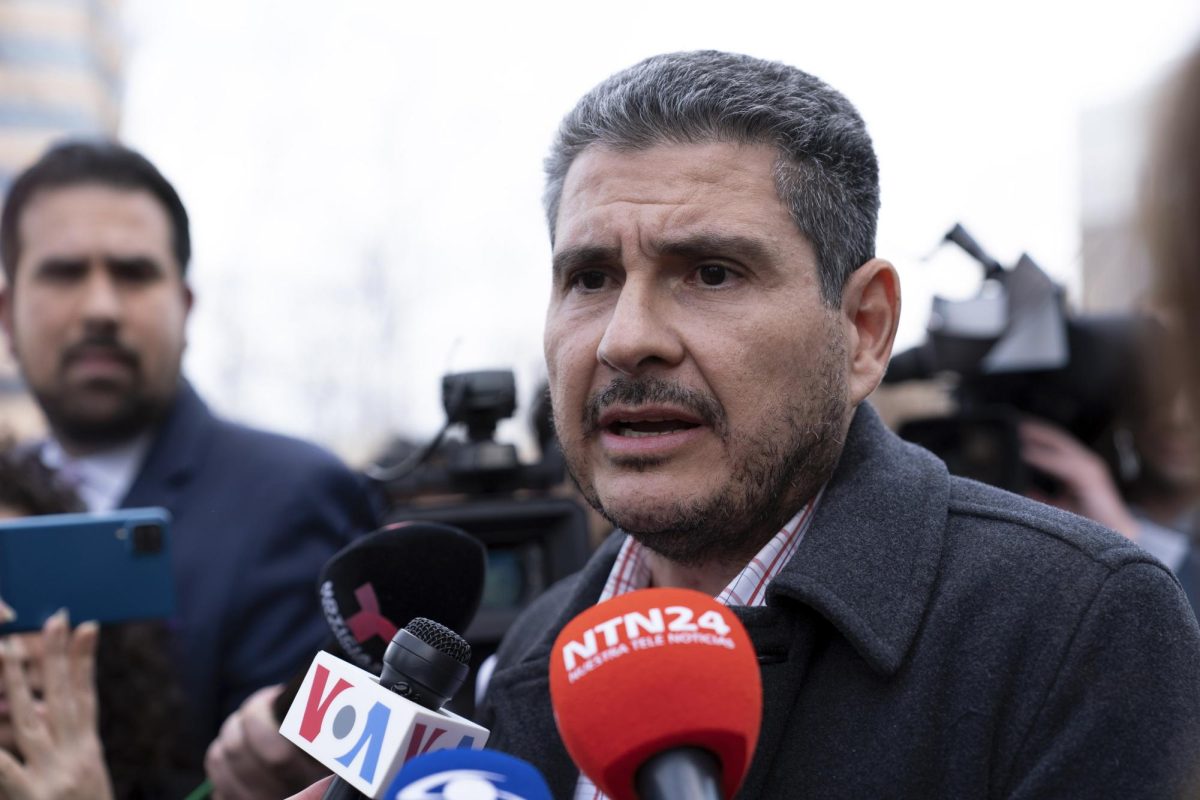
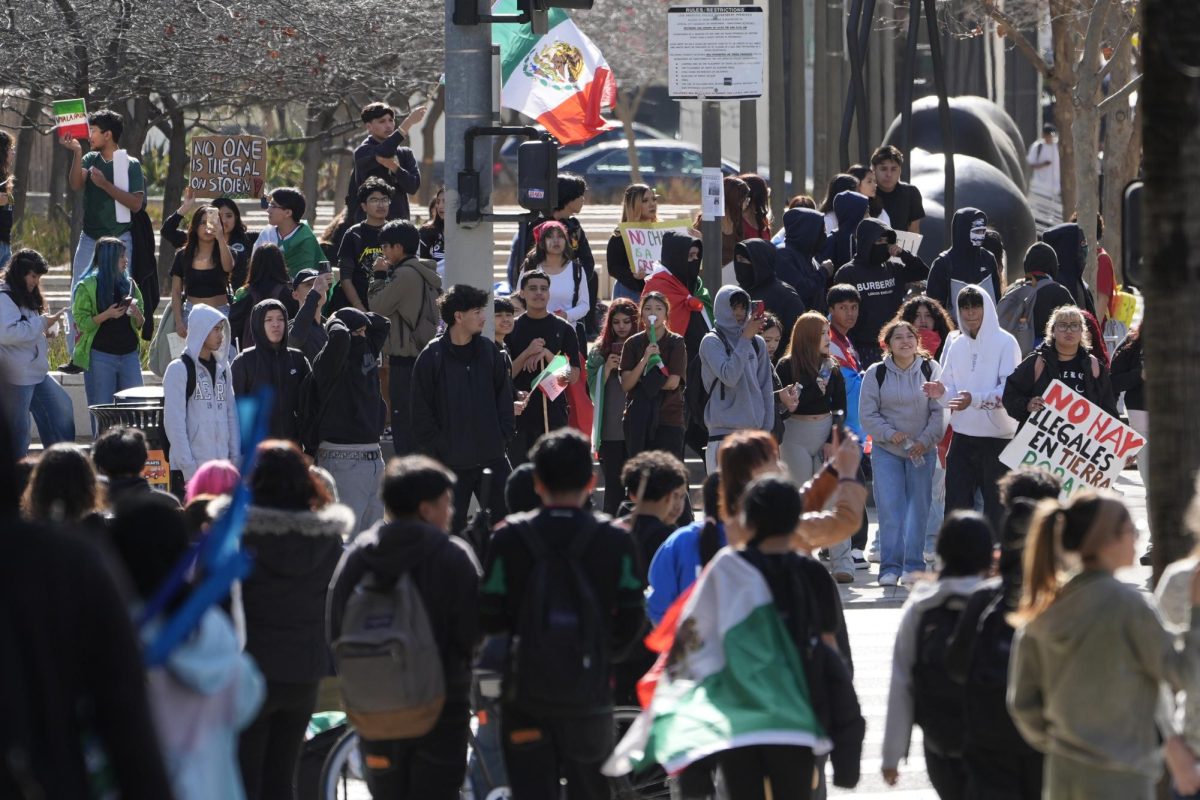
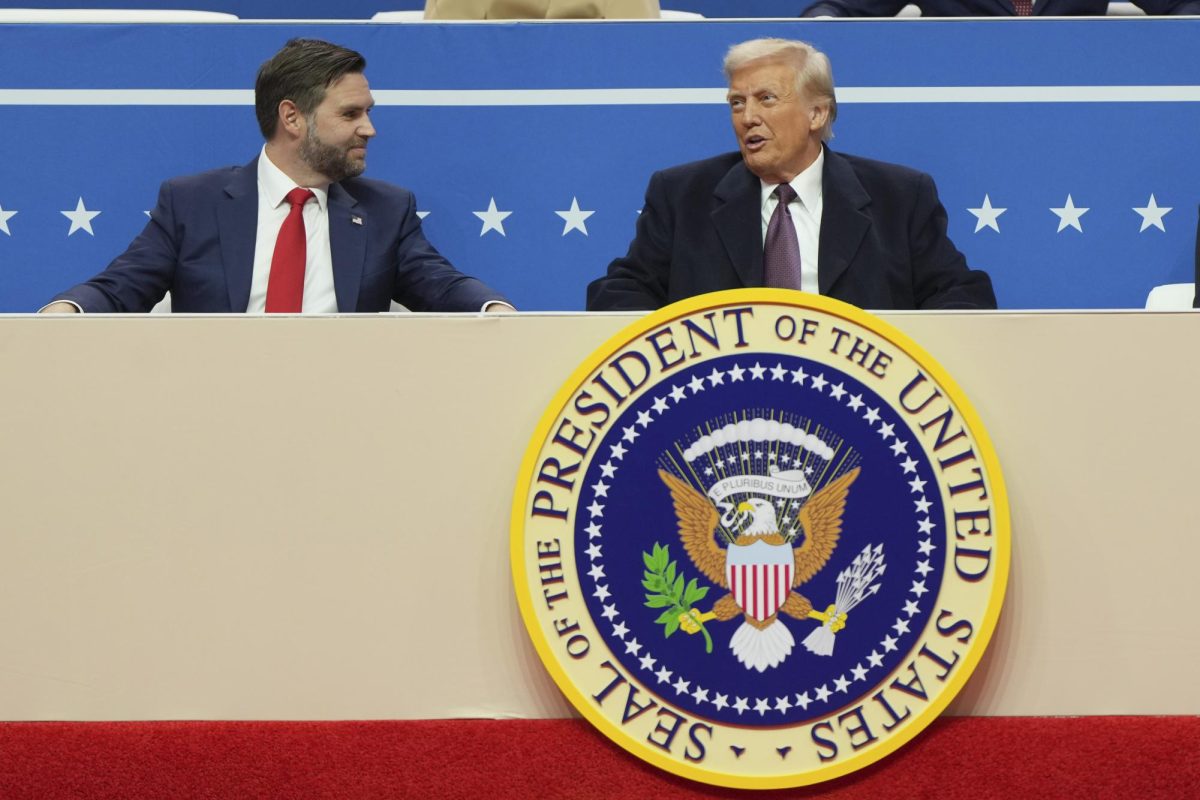


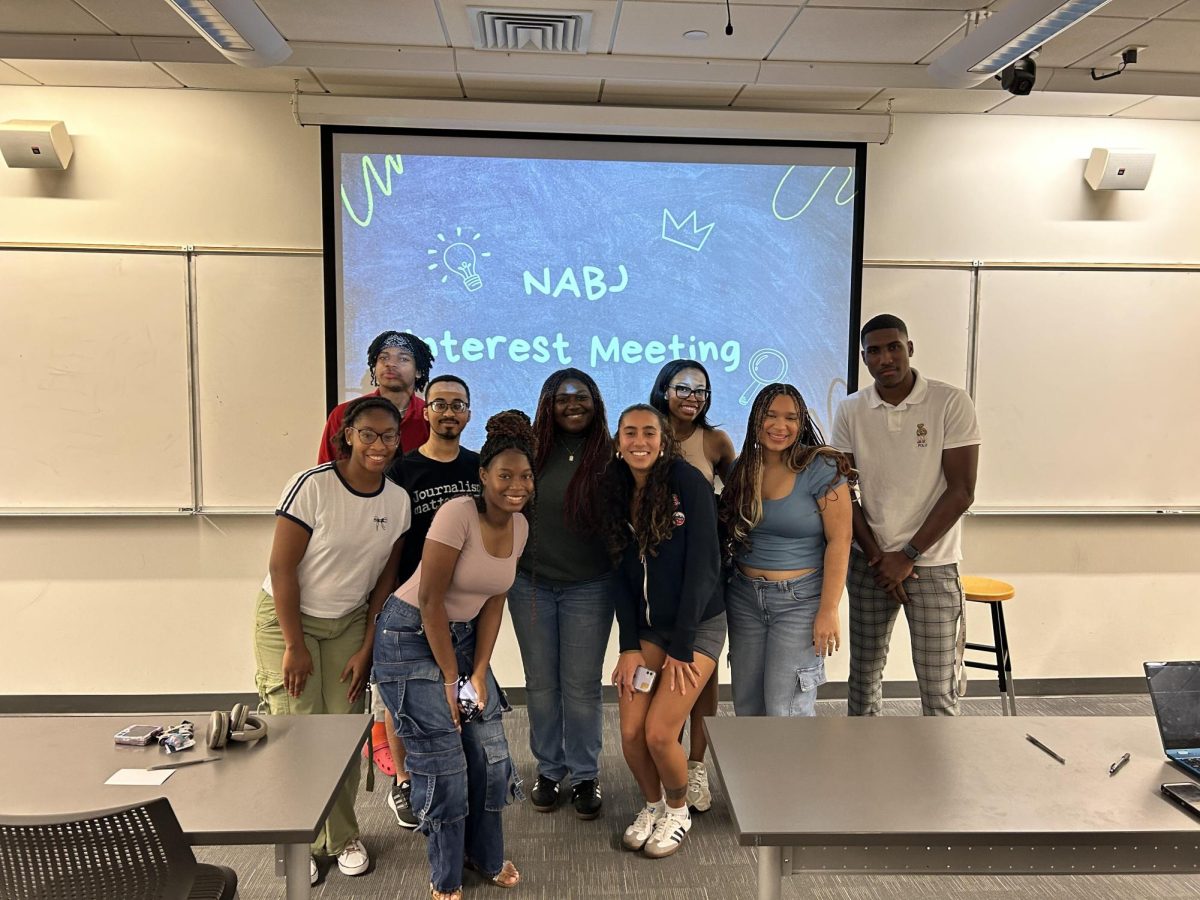






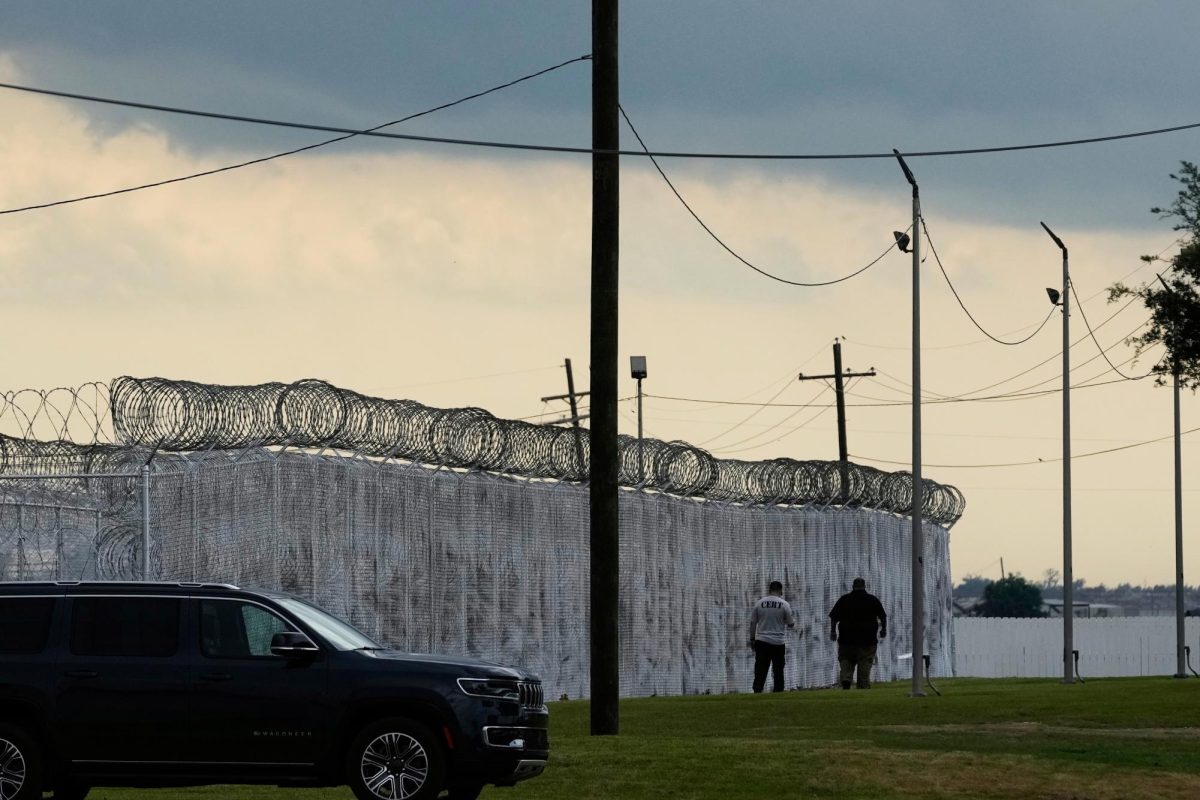
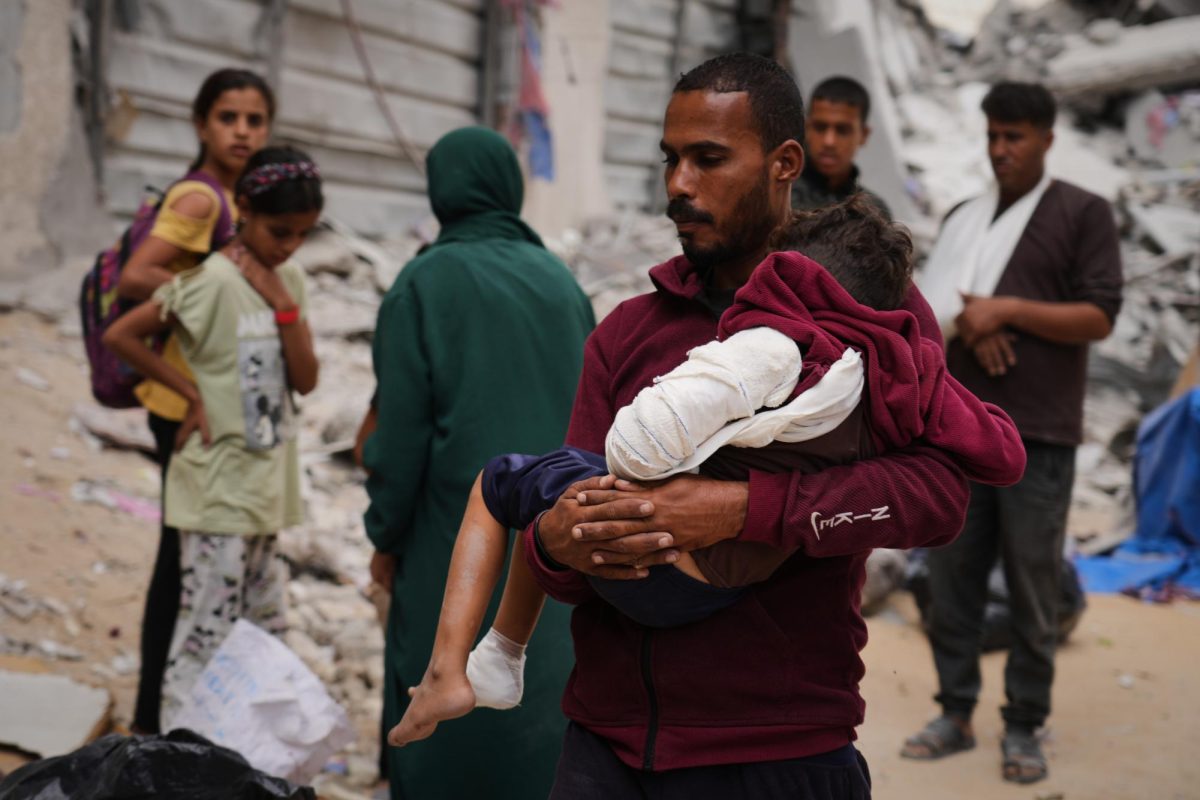
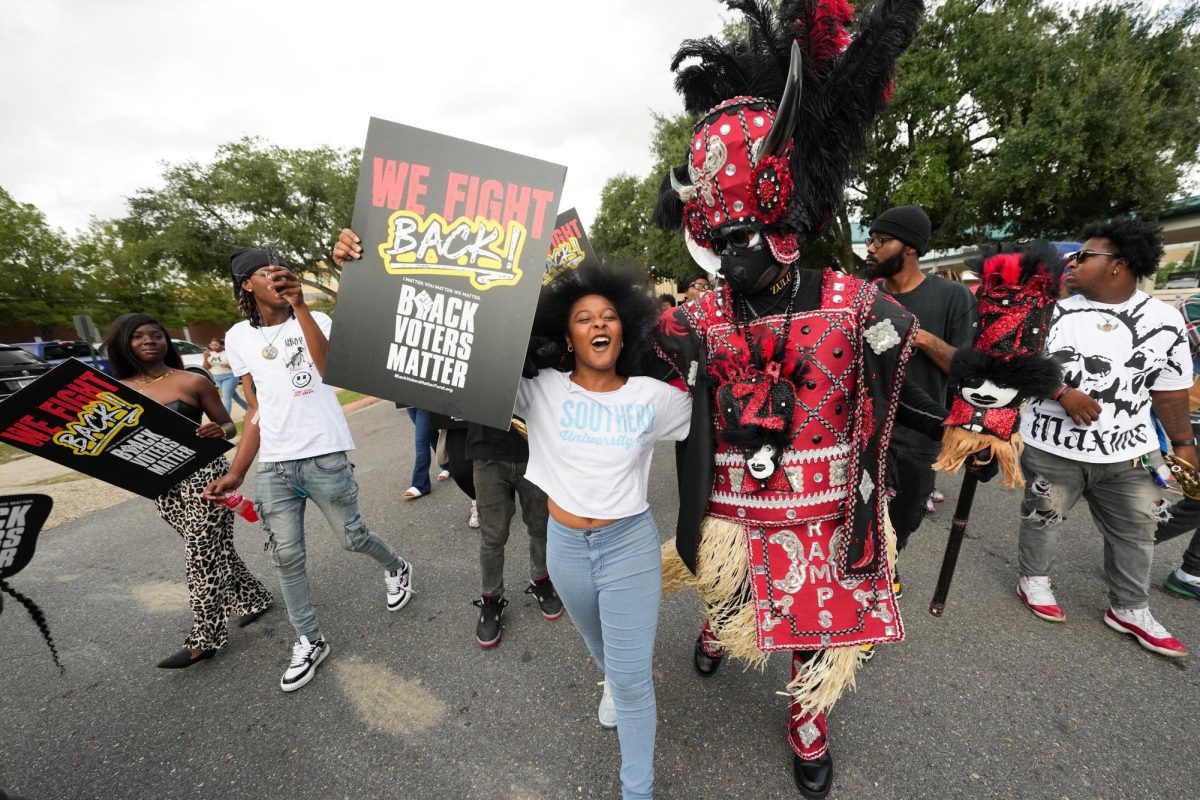
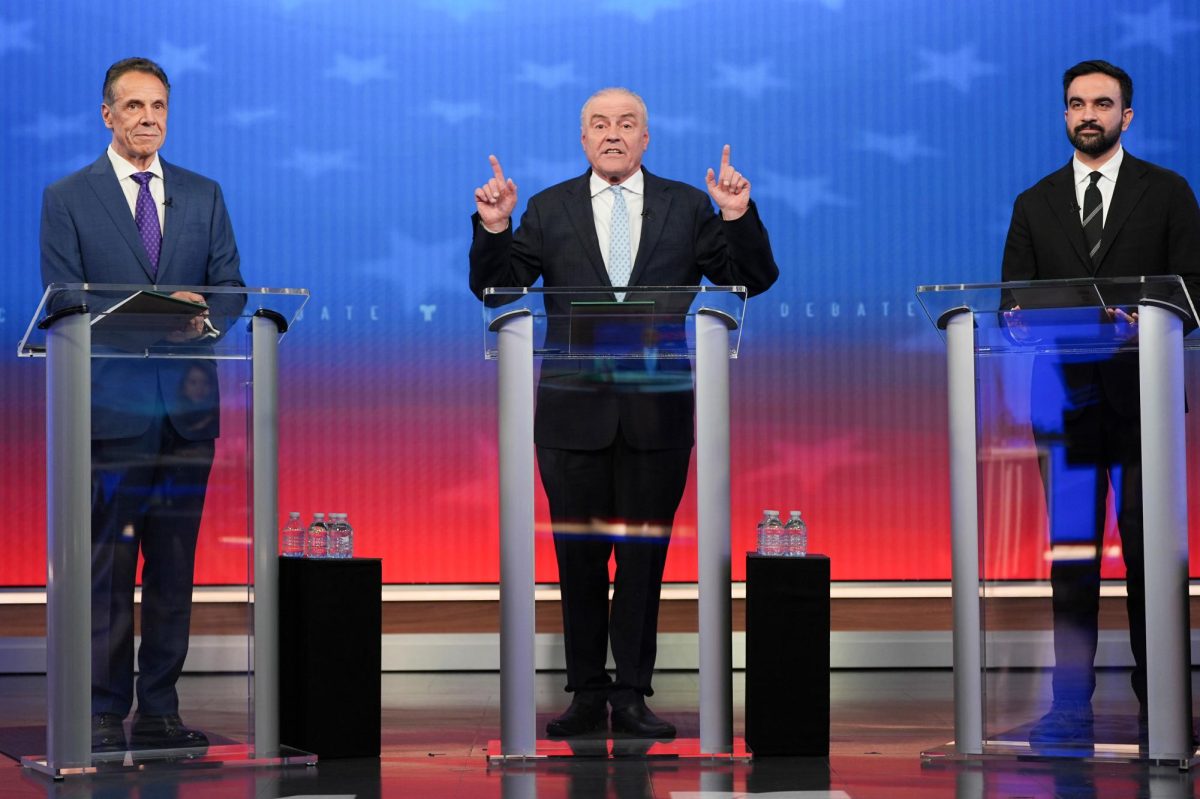
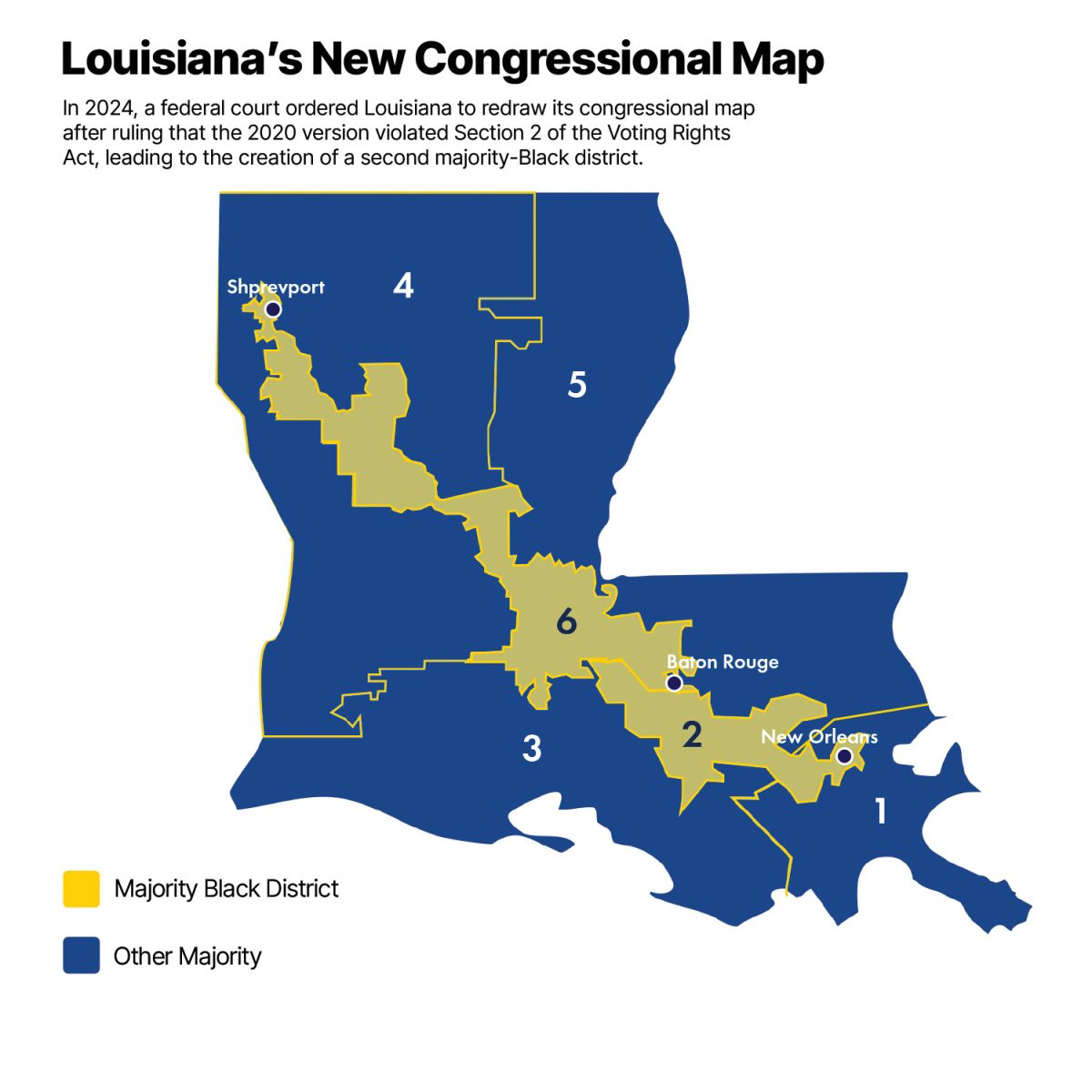
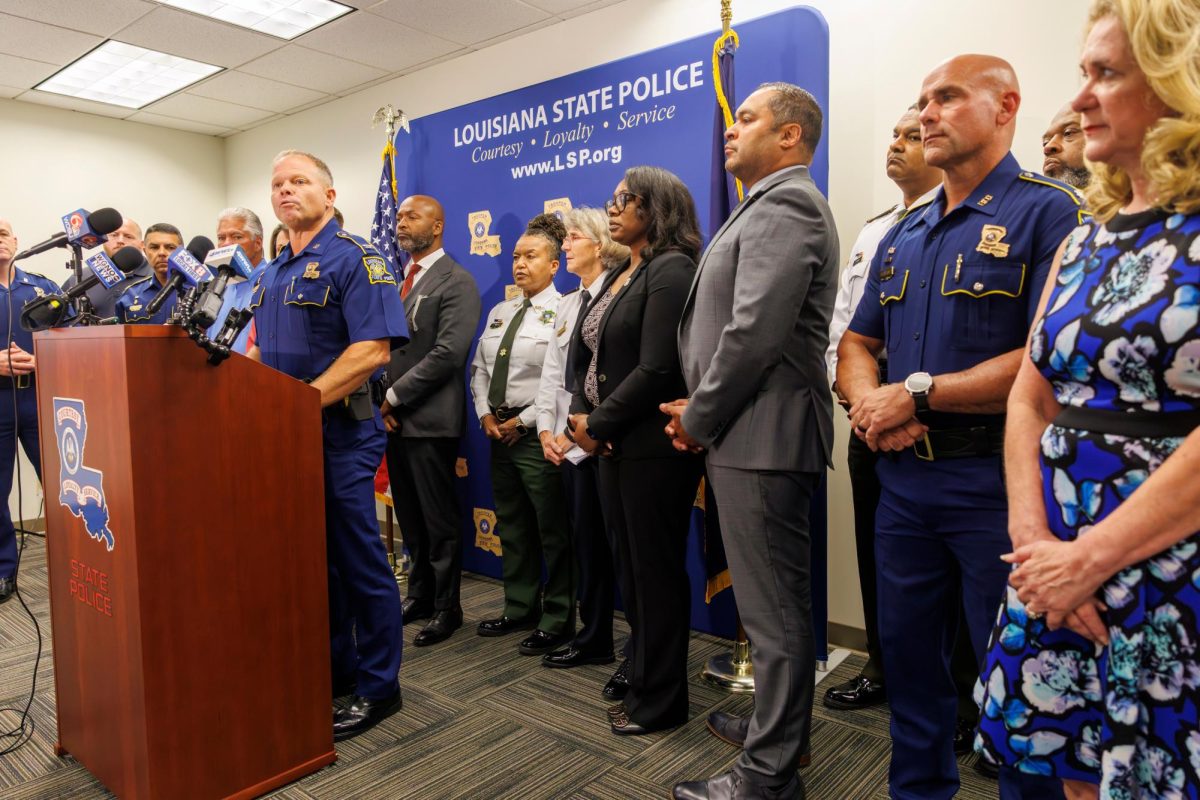
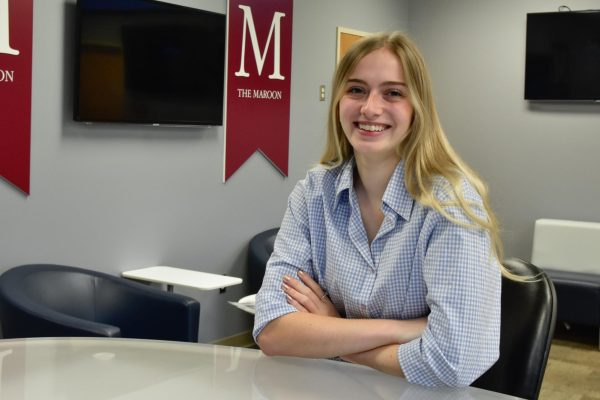
Andrew Wolfe • Feb 6, 2024 at 2:02 pm
Seriously, this article doesn’t mention that the Nicaraguan government sentenced a Catholic bishop to 26 years’ imprisonment then exiled him after a year, and arrested a second, along with priests and religious—not to mention closing seminaries and seizing them and other Church property?
Sophia Maxim • Feb 18, 2024 at 8:59 pm
Hi, Mr. Wolfe – thank you for your comment. You might be interested in reading part one of this story here, which covers more about the recent seizure of religious and educational instutitions and persecution of religious figures, including the arrest and exile of Bishop Alvarez.